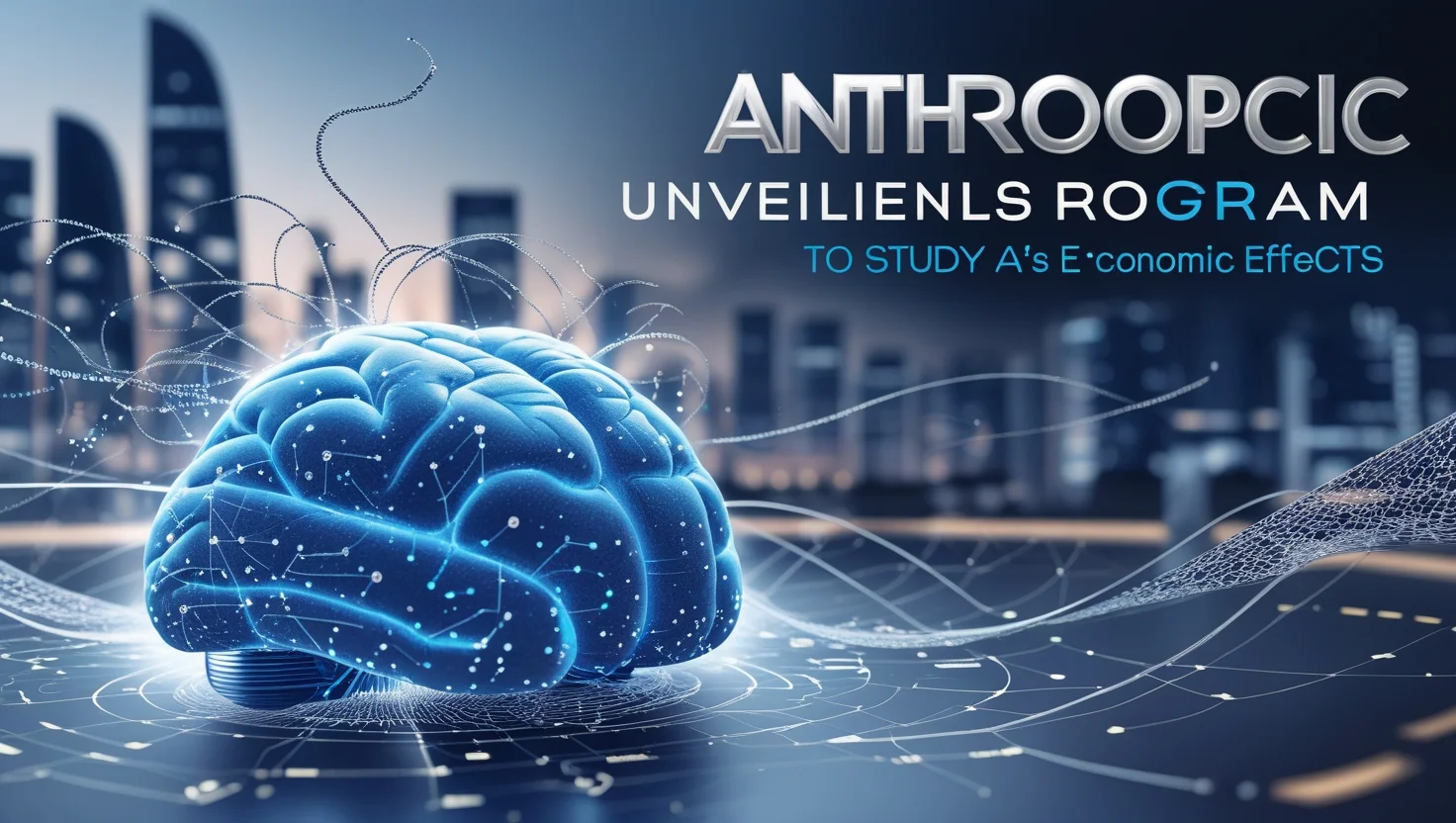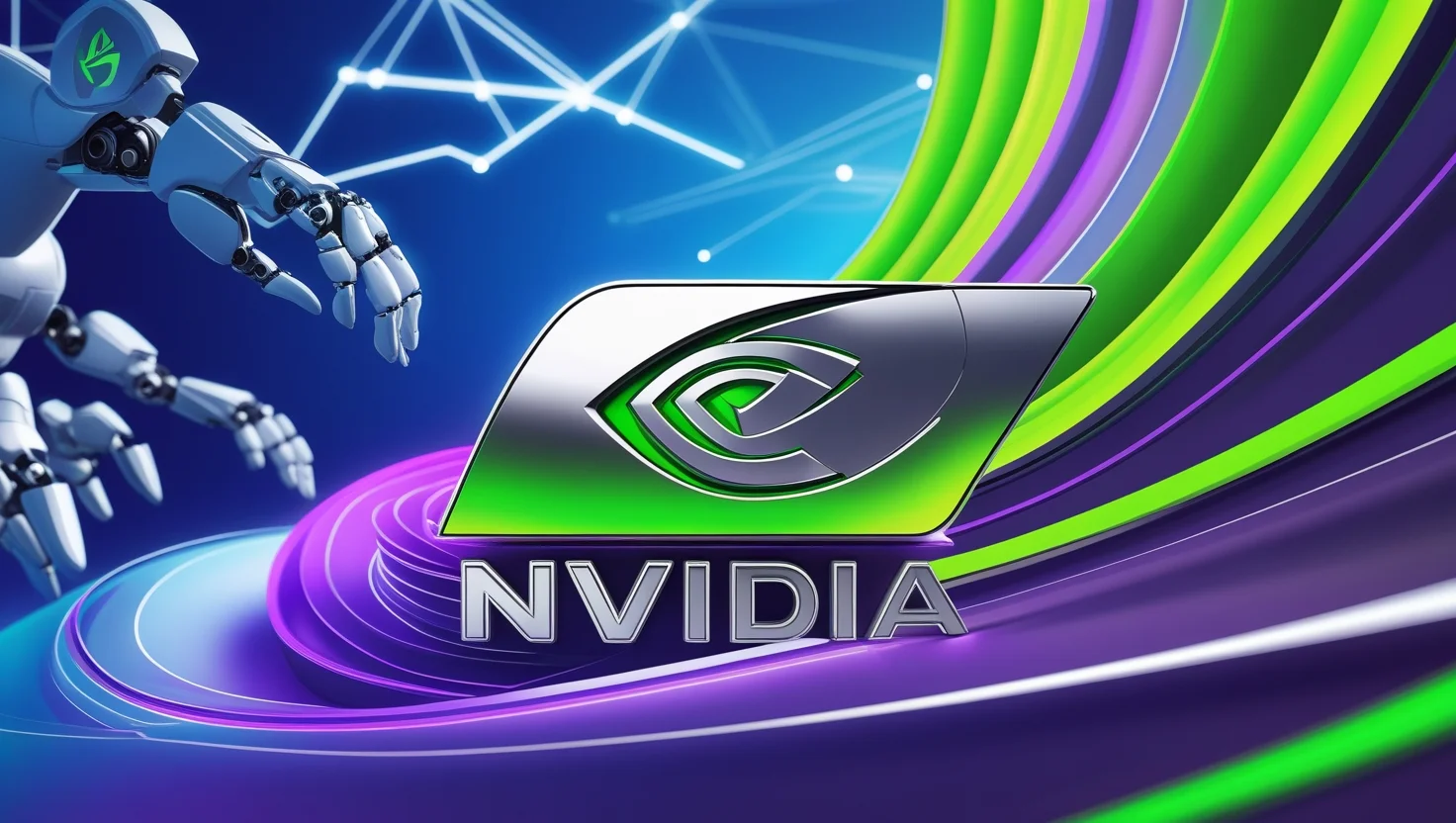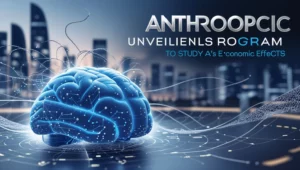OpenAI has responded to a lawsuit filed by Indian news agency ANI, which accuses the AI company of using its content without permission to train ChatGPT. OpenAI contends that Indian courts lack jurisdiction over the matter as they have no offices or operations in the country.
The lawsuit, filed in November, demands that OpenAI delete ANI’s material from its training data. OpenAI, however, asserts that it is legally bound under U.S. law to retain such data while lawsuits in its home country remain ongoing.
This case has drawn significant attention in India, reflecting a broader global debate over copyright and AI. ANI alleges that ChatGPT reproduces its published content verbatim or in similar forms, a claim OpenAI denies. OpenAI stated that ANI had manipulated ChatGPT to generate responses resembling its content as a basis for its lawsuit.
During a prior hearing, OpenAI assured the Delhi High Court that it would not use ANI’s material in the future. However, ANI argues that previously trained data must also be removed from OpenAI’s systems. The company emphasized in its legal filing that removing such data would breach its obligations in the United States, where it faces similar copyright lawsuits.
ANI has also raised concerns about unfair competition, highlighting OpenAI’s collaborations with major media outlets, which it claims give the AI company an advantage. The case, scheduled for a January 28 hearing, is part of the growing scrutiny over AI’s use of copyrighted material.
As OpenAI transitions into a for-profit model and secures global media partnerships, this lawsuit highlights the challenges of balancing technological innovation with copyright compliance and international jurisdictional complexities.













